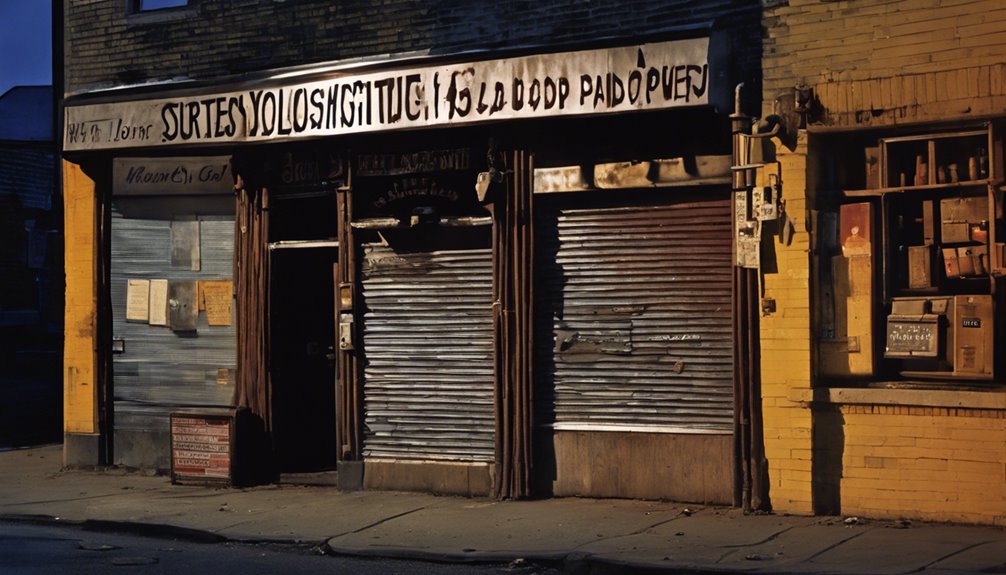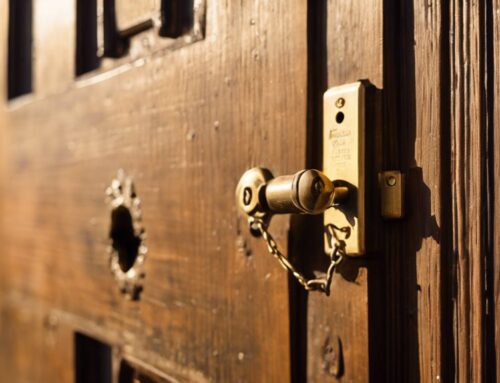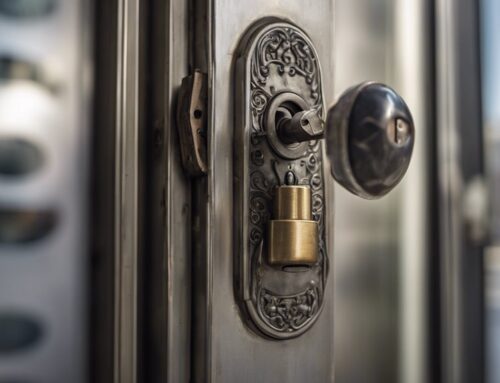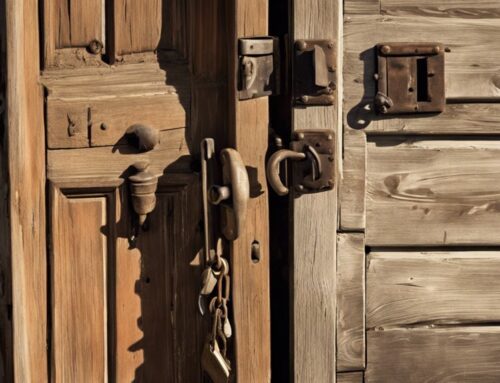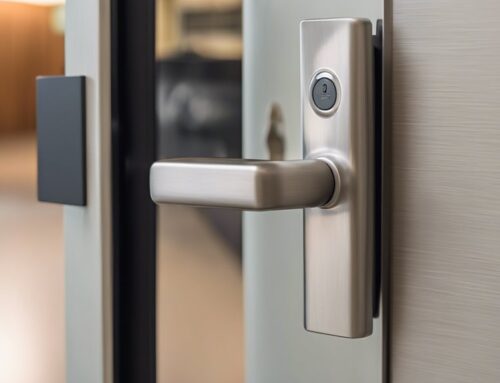Is it true that operating as an unlicensed locksmith in Pennsylvania can lead to severe financial penalties? You might think that the risks aren't substantial, but the reality of accumulating fines can quickly prove otherwise. Initial violations could set you back $1,000, but if you persist, costs can escalate dramatically. The implications extend beyond just fines, affecting your business's reputation and stability as well. Understanding the full scope of these consequences becomes essential if you're considering entering the locksmith industry or evaluating your current standing. What risks are you willing to take?
Key Takeaways
- Unlicensed locksmiths in Pennsylvania face penalties up to $1,000 for violations and potentially $1,300 daily for persistent infractions.
- Cumulative fines from multiple infractions can accumulate to extraordinary amounts under the regulations.
- Non-compliance can lead to administrative fines, legal actions, and civil penalties under the Home Improvement Consumer Protection Act (HICPA).
- While specific criminal penalties are not outlined, operating without a license can result in business shutdowns and reputational harm.
- Unlicensed locksmiths risk difficulty in obtaining insurance, further affecting financial stability and customer trust.
Legal Consequences of Non-compliance

While Pennsylvania doesn't mandate state-level licensing for locksmiths, failing to comply with related business regulations can still lead to significant legal consequences. Without specific statutes governing locksmithing, you might assume there's little risk involved. However, violations of broader business regulations can result in substantial penalties. Authorities, such as the Attorney General's Office, monitor compliance, and any infractions can trigger enforcement actions. Understanding locksmith liability under Pennsylvania law can provide additional insights into potential legal responsibilities and how to mitigate risks.
Financially, penalties for general business violations range widely. Although there's no specific fee structure for locksmiths, fines can reach up to $1,000 or more based on the nature of the violation. Persistent breaches may incur even heftier daily fines—up to $1,300 for ongoing issues, such as fire code violations. In extreme cases, cumulative fines from multiple violations can escalate to extraordinary amounts. Additionally, many states require background checks for licensed locksmiths, making it crucial for unlicensed operators to remain vigilant about compliance. The benefits of being licensed include professional recognition and potentially fewer legal hurdles, even in states like Pennsylvania where licensing isn't obligatory.
From an administrative standpoint, non-compliance risks severe ramifications, including the revocation or denial of necessary business licenses, such as those for Home Improvement Contractors. In dire situations, you might face cease operations orders until corrective actions are taken. It's essential to disclose any violations and demonstrate remedial steps to regulatory bodies.
Judicial review and appeals are also possible, allowing courts to impose additional financial and non-monetary penalties based on the severity of your non-compliance. When evaluating penalties, courts consider both aggravating and mitigating factors, which means that every decision can directly impact your business's future.
Licensing Requirements Overview

Although Pennsylvania does not require state-level licensing specifically for locksmiths, you may still need to obtain various business licenses to operate legally within the state. Depending on your operations, you might require a Home Improvement Contractor license if your locksmith work exceeds $5,000 annually. This license requires certain documentation and a fee of $52 for two years, and it is administered by the state's Attorney General. Key duplication in Pennsylvania may require permissions and restrictions to ensure compliance with legal standards.
Here's a breakdown of some key licensing requirements:
| License Type | Required Documentation | Fees |
|---|---|---|
| Home Improvement Contractor | Proof of Insurance, Address | $52 (2 years) |
| Locksmith Company (LCO) | Application, Fingerprints, Photos | $75 total |
| Locksmith Employee (LOC) | Application, Identity Proof | $20 |
For locksmith companies, the application process can be rigorous. You'll need passport-quality photos, undergo criminal background checks, and submit proof of identity along with your Social Security number. If you apply online through BreEZe, expect reduced processing times, which is advantageous. Additionally, operating without a license can lead to legal consequences that may include fines and business shutdowns. Continuous learning is vital for locksmiths to stay updated with industry advancements and maintain competitive edge in the market.
Keep in mind that both Locksmith Company (LCO) and Locksmith Employee (LOC) classifications come with distinct governing rules. If you plan on operating under a fictitious business name, you must declare that as well. Address changes also have a one-month notification window, ensuring the state has your current information.
Being informed about these requirements is essential for operating within the law while maintaining your freedom as a locksmith in Pennsylvania.
Business Implications of Being Unlicensed
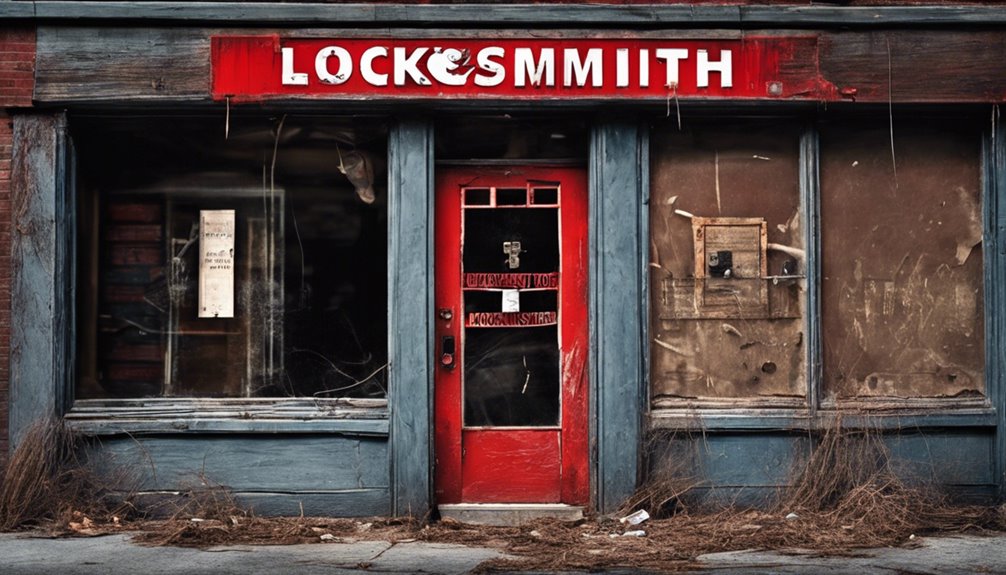
Operating as an unlicensed locksmith in Pennsylvania carries significant business implications that extend beyond legal requirements. While Pennsylvania doesn't mandate a specific locksmith license, the lack of proper registration as a home improvement contractor could lead to substantial penalties. If your annual revenue exceeds $5,000 and you fail to register, you risk incurring civil penalties of $1,000 or more under the Home Improvement Consumer Protection Act (HICPA). Whether you operate in residential or commercial properties, understanding essential lock safety standards is crucial for compliance and safety.
Furthermore, not being registered restricts your ability to build customer trust. Clients may hesitate to hire you without visible credentials or an official registration number, hampering your credibility. This issue could limit your opportunities, especially for larger contracts or government jobs that typically require proper licensing. Many locksmiths are self-employed and operating as an unlicensed locksmith could severely limit your ability to thrive independently in this competitive landscape. Locksmiths must also adhere to employment laws in Pennsylvania to ensure they meet their rights and responsibilities while safeguarding fair practices.
Operationally, unlicensed locksmiths face heightened challenges when it comes to insurance. You might encounter increased costs or difficulty securing coverage, leaving you exposed to liability risks. Reputational damage could also arise from being associated with illegal practices, potentially alienating existing and future clients.
Financially, the stakes grow even higher. Without a license, your operational landscape narrows, leading to lost business opportunities and diminished revenue. Legal action stemming from business violations could result in fines and additional legal fees, jeopardizing your financial stability.
Consequently, managing unlicensed locksmithing not only exposes you to legal troubles but also undermines the overall success of your business in an increasingly competitive market.
Importance of Certification and Training
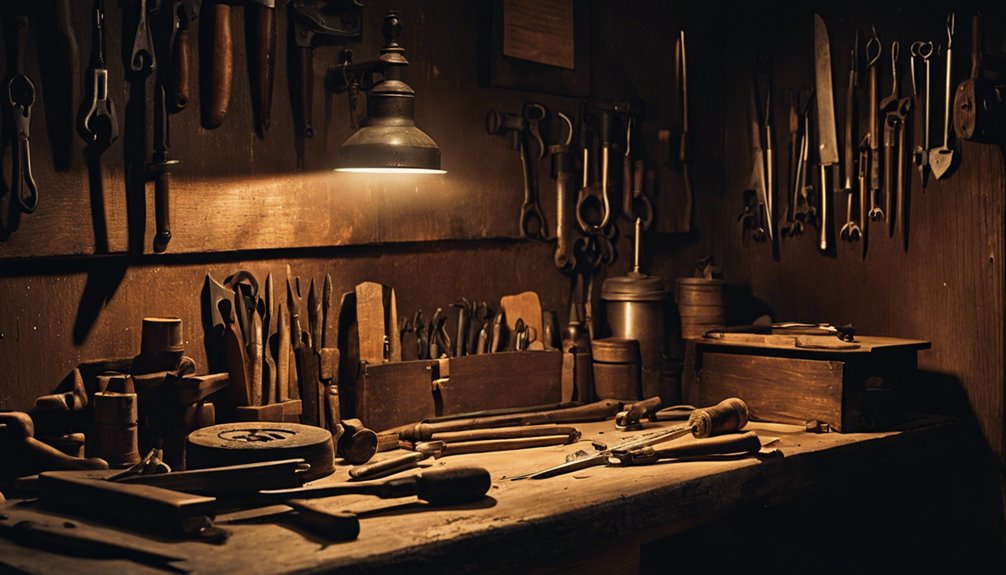
Certification and training play an important role in establishing a locksmith's credibility and professionalism. By obtaining certifications from reputable organizations like the Associated Locksmiths of America (ALOA), you set yourself apart as a knowledgeable and trusted expert in the field. These credentials not only validate your skills but also cover various areas of locksmithing, including installation, maintenance, and repair of locks, ensuring you meet industry security standards. High-security locks in Pennsylvania businesses are subject to specific state guidelines that must be adhered to for compliance.
There are several types of certifications available, including the Certified Professional Locksmith (CPL) and specialized certifications like Certified Automotive Lock Technician. These qualifications enhance your employability and demonstrate your commitment to ongoing education and adherence to safety regulations, such as those mandated by OSHA.
Training programs offer structured learning experiences, whether through ALOA's six-day fundamental course or online options provided by institutions like Penn Foster. Trade schools and workshops further allow for hands-on learning and networking opportunities with industry professionals.
Apprenticeships, in particular, are invaluable; they provide real-world experience and the chance to refine your skills under the mentorship of seasoned locksmiths. In Pennsylvania, aspiring locksmiths can start their career journey by following specific guidelines governing locksmith apprenticeships, which include understanding certification, training, and legal requirements.
Moreover, continuous learning is important to keep abreast of the latest developments in lock technology. Practical experience through part-time or temporary positions can bolster your expertise while you seek full-time employment.
Local and State Regulations Compliance
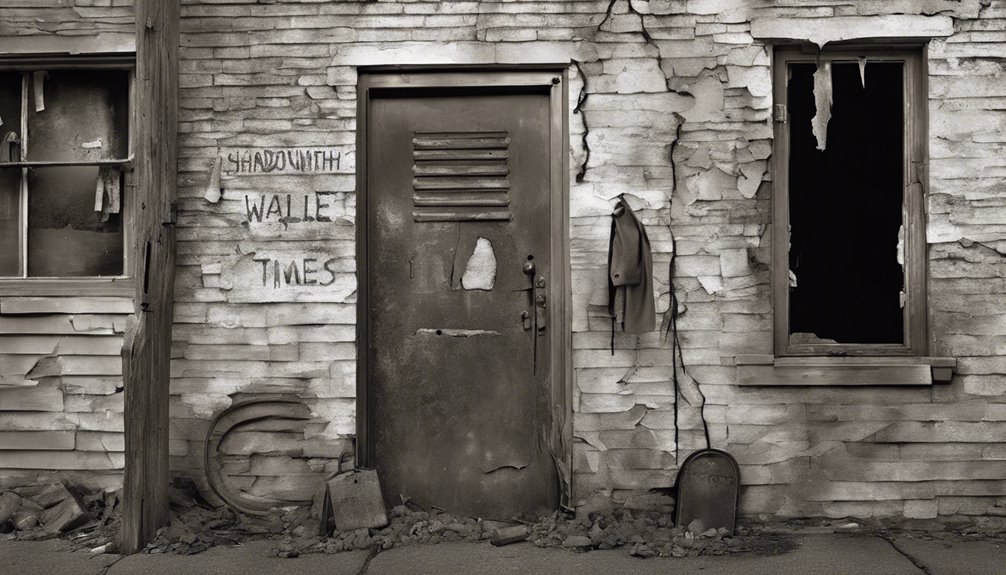
Understanding the regulatory landscape is vital for locksmiths in Pennsylvania as they navigate their professional responsibilities. While no specific state license is required for locksmiths, if you perform more than $5,000 in residential or commercial work annually, you must obtain a Home Improvement Contractors license through the Pennsylvania Attorney General's Office. This requirement emphasizes the need for a physical mailing address and proof of proper insurance, with a reasonable two-year licensing fee of $52. Local regulations also vary, although widespread local licensing for locksmiths is absent in most areas, including major cities like Philadelphia and Pittsburgh. You still need to comply with general business regulations, which may include acquiring local business tax receipts. While local jurisdictions might impose specific business licensing requirements, it's important to stay updated on any applicable local laws that could affect your operations. Locksmiths play a crucial role in foreclosure processes by ensuring properties are properly secured during these transitions. Enforcement for non-compliance primarily focuses on the Home Improvement Contractors licensing. Violations can lead to administrative fines or legal actions, with the potential for license revocation or suspension. Fortunately, there are no criminal penalties specifically outlined for unlicensed locksmithing. Should you encounter issues or seek to report unlicensed activities, you can contact the Pennsylvania Attorney General's Office for guidance. During eviction procedures in Pennsylvania, locksmiths play a crucial role in ensuring compliance and professionalism by understanding the legal framework governing these situations.
Frequently Asked Questions
Can Homeowners Be Held Liable for Hiring Unlicensed Locksmiths?
Yes, you can be held liable for hiring unlicensed locksmiths. When you engage someone without proper licensing, you risk facing legal repercussions, including financial penalties.
If any damage or injury occurs during their work, you may also be responsible for related costs. Additionally, using unlicensed services can jeopardize your insurance coverage, leading to further liabilities.
It's essential to verify that any contractor follows legal and regulatory standards to protect yourself from potential consequences.
What Information Do I Need to Report an Unlicensed Locksmith?
Nearly 50% of consumers unknowingly hire unlicensed contractors, which can lead to issues.
To report an unlicensed locksmith, gather their business name, address, and contact details. You'll need proof of any services rendered, including invoices or contracts.
Damages from inadequate services could also require documentation of any claims. Additionally, make sure to include their insurance information and any records of background checks.
Filing accurate reports helps protect others from similar situations.
Are There Penalties for Customers Who Hire Unlicensed Locksmiths?
You won't face direct penalties for hiring unlicensed locksmiths, but it can lead to potential complications.
Hiring such professionals might jeopardize your security, and if their work is subpar, you could end up in civil disputes.
Additionally, your insurance claims may be voided if an unlicensed locksmith is involved.
While no financial penalties or jail time exist for customers, your reputation and resources could suffer due to choosing the wrong service provider.
How Can I Verify a Locksmith's Licensing Status?
Did you know that nearly 20% of locksmiths operate without proper licensing?
To verify a locksmith's licensing status, first check the Pennsylvania Attorney General's website for their Home Improvement Contractor (HIC) license.
You can also contact them directly or use their online application portal.
Don't forget to investigate local business license requirements and certifications that guarantee the locksmith's expertise, giving you peace of mind in your choice.
What Should I Do if a Locksmith Damages My Property?
If a locksmith damages your property, start by notifying them about the issue and request compensation.
Document the damage with photos and repair estimates.
If they've insurance, contact the provider to file a claim, submitting all evidence you've gathered.
If the locksmith disputes your claim or fails to resolve it, consider seeking legal advice to explore your options for compensation, including repair costs or additional expenses you incurred.
Conclusion
In Pennsylvania, operating as an unlicensed locksmith might seem tempting, but the financial repercussions can turn into a runaway train, spiraling out of control. With initial fines that can morph into daily penalties, you'll find your wallet weeping in no time. Not to mention the potential reputational damage, which could label you as the pariah of the locksmithing world. Prioritize compliance and training to safeguard your business from a costly descent into chaos.

